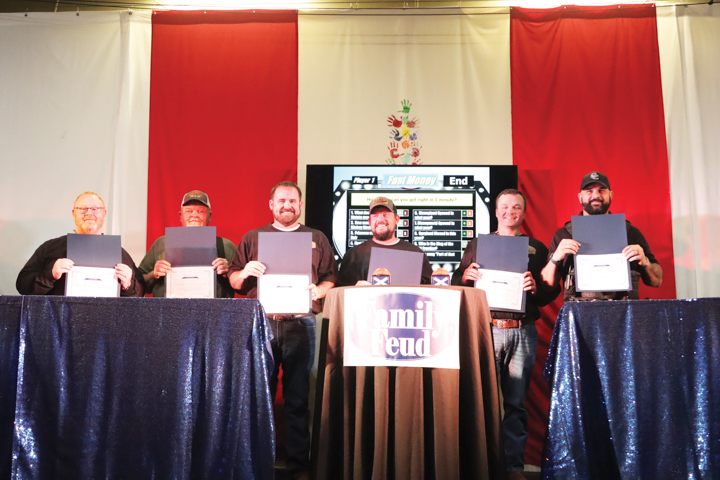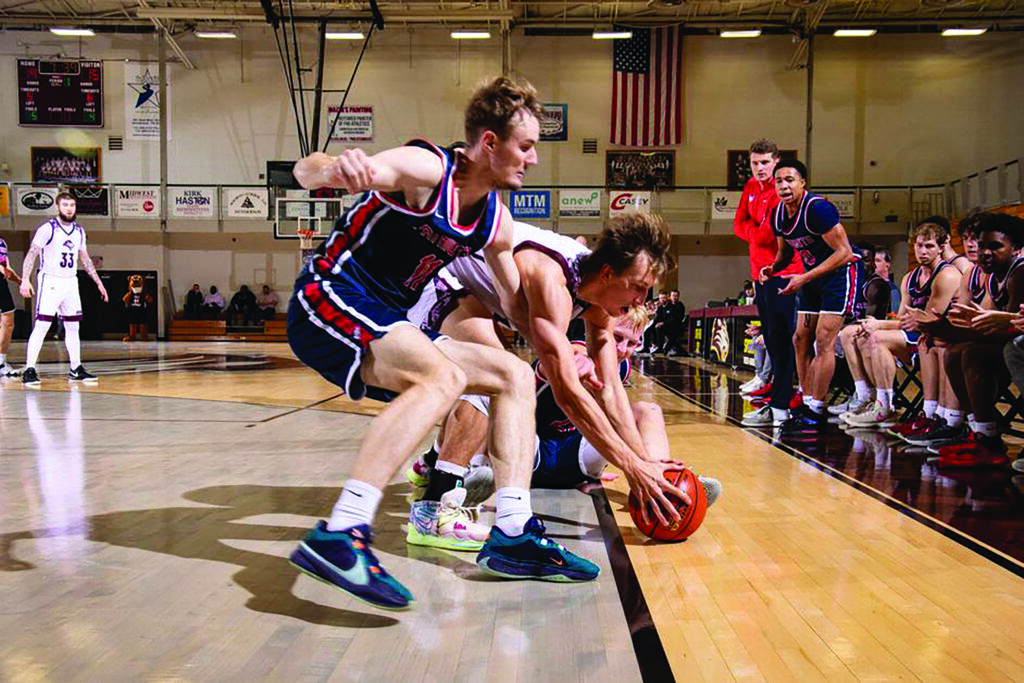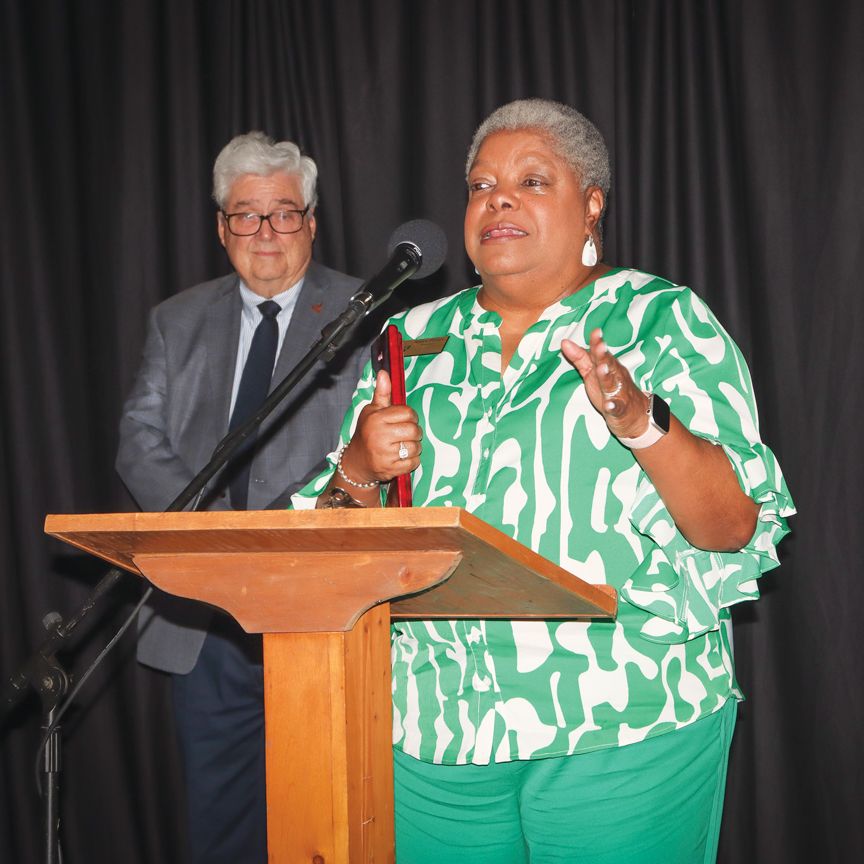Among fellow Appalachians, my grandmother never worried that someone would be puzzled by what “play pretty” meant.
However, using this unique regional phrase instead of “toy” in the upper Midwest would have branded the speaker as very different during the mid-20th Century.
Different often meant not as good. Ignorant, in fact. Judged on the basis of social or cultural acceptability by natives of other geographic regions, Appalachia—pronounced “app-uh-latch-uh,”—had a negative reputation.
The connotations included rural and remote, backwards, uneducated, poverty-stricken, clannish, unemployed, unhygienic, inbred, drunken, criminal, untrustworthy, cruel, narrowminded . . . the list of popular misconceptions was lengthy. Most were untrue and undeserved, of course, but it didn’t keep natives of Appalachia from bearing the brunt of scorn and humiliation from those outside the region.
What we learned in Indiana was that everyone needs someone else to be the butt of their jokes. The Hoosiers told Kentuckian jokes, like Ohioans loved jokes about West Virginians. It was no surprise that Kentucky and West Virginia boasted territory in the Appalachian Region. Ohio did too, but this didn’t keep Buckeyes from disparaging the eastern side of their own state.
As a child, I tried hard to understand the jokes about Kentuckians, but it seemed I was laughing at myself or loved ones back home.
Almost five decades later, I worked as an executive in corporate communications and marketing for several companies in Ohio. Code-switching did not work well for me. It became obvious from my accent, inflection, choice of words, sentence structure and syntax that I wasn’t “from around there.”
When people discovered where I came from, they were prone to typecast me as a “redneck” or hillbilly. Many times, I have been asked if I chewed tobacco, owned hound dogs, loved NASCAR, worshipped the memory of Robert E. Lee or missed eating fried chitterlings.
I could answer affirmative to several of those questions, but on the whole it was offensive. Although they weren’t mean-spirited folks, they operated under an old set of misconceptions about Appalachia and the rural South.
Many citizens of diverse backgrounds—African Americans, Asians, Latinos, Native Americans and others—in efforts to integrate socially and economically have shared the same sinking feeling of being stereotyped by “home speech” or accent, in addition to race and ethnicity.
So, what’s wrong with Appalachia-speak? Nothing at all. Perhaps we shouldn’t rely on code-switching. Easier said than done, of course.
Granny never code switched. If a visitor did not understand her way of speaking, she’d try to teach them. She had great patience. “Play pretty,” when you think about it, has a meaning deeper than “toy.” It infers beauty in a child’s eyes, love, hope and sharing. Not hard to decipher and almost poetic.
What might be harder to explain is the word “coke” in Appalachia. I’ve written about this previously. It happens thousands of times every day: Someone says, “I want a coke.” The usual response is, “What kind?”
The word categorizes not a trade name but a type of carbonated beverage of various flavors. “I want an orange coke,” says a thirsty Appalachian, while another opts for a grape-flavored soft drink. “Bring me a regular coke,” says a traditionalist, but this could mean a real trademarked COKE or an RC, Double Cola, etc.
Take “pot-likker” or “saucer-and-blow” as further examples. If you’ve never planted, grown, harvested and cooked turnip greens, the term pot-likker won’t have much meaning. But anyone who was raised on turnip greens and cornbread will know how delicious the boiling water (liquor) is when seasoned with salt pork and sopped with crackling bread.
Likewise, scalding hot coffee was best cooled by pouring it into a saucer, blowing across the brew and slurping it. The procedure was called saucer-and-blow.
Thankfully, efforts are underway to officially recognize the rich and varied language of Appalachia. Experts have postulated we speak a version of English rooted in the 17th and 18th centuries, heavily mixed with Scotch-Irish, sprinkled by words from western Europe and the Mediterranean, seasoned by Cherokee, Chickasaw, Shawnee and other native tribes, perhaps even reflecting lingual survivorship from the days of Shakespeare and Chaucer.
In Tennessee, state legislators are trying to officially recognize the language of Appalachia and the region’s history with passage of a resolution.
“The Appalachian language is the oldest language in Tennessee” and has historical significance from New England to Texas, says Rep. Jeremy Faison. Steve Southerland, state senator, hopes the resolution helps legitimize the region, its people and dialect, noting past disparagement and stereotyping.
Granny would approve. She could be pugnacious when her way of life was criticized. Every childhood summer that I spent with her at the farmhouse nestled in wooded hills and hollows south of the Tennessee River, she had to re-educate me on how to act speak and properly.
“Go fetch me a springy limb off’n the peach tree out back, case yer backside needs a-good larrupin’ while yore here.”
“But Granny, I haven’t done anything.”
She’d cackle, “No, but yer funny way a-talking needs to be whipped out right soon.”





